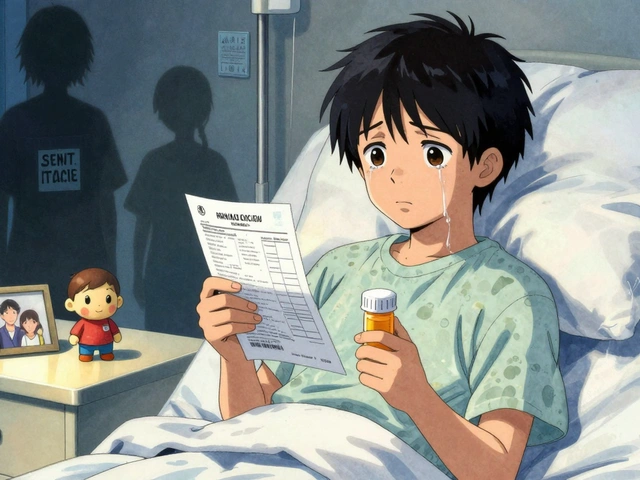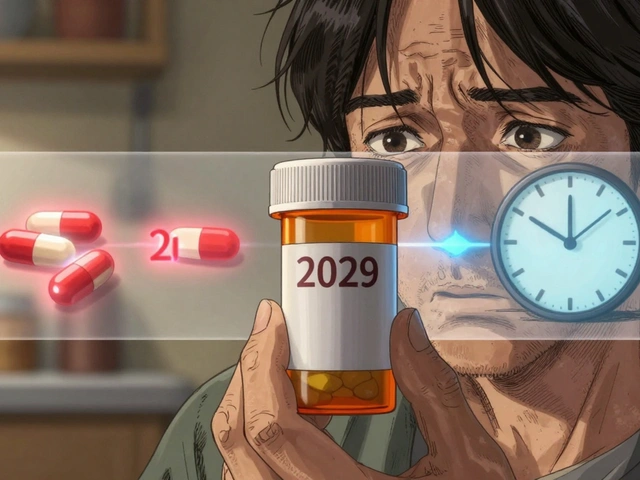UK Prescription Basics: What You Need to Know Right Now
Got a prescription from your GP and wonder how to turn it into the medicine you actually need? In the UK the process is simple but has a few twists that can save you time and money. First, a prescription is an electronic or paper note that tells a pharmacy exactly what drug, dose and quantity you’re approved for. You can walk into any NHS pharmacy, present the script, and they’ll dispense it for free if you’re covered under the NHS prescription exemption, or charge the standard £9.35 per item.
If you prefer a private pharmacy or need a medication that isn’t stocked locally, you have the option to order online. The key is to stick to licensed UK pharmacies that require a valid prescription. Look for the MHRA (Medicines and Healthcare products Regulatory Agency) registration number on the site, and make sure they ask for a copy of your script before shipping.
Buying Prescribed Meds Online – Safe Steps
Online buying feels convenient, but you’ve got to be careful. Start by checking the pharmacy’s address – it should be a physical UK address, not a vague overseas hub. Next, verify that they have a pharmacist on staff who can answer questions. When you upload your prescription, the pharmacy should confirm the dosage and any contraindications before confirming the order.
Price‑checking is another smart move. Use price comparison tools or look at NHS tariffs to see if the online quote is realistic. Extremely low prices often mean counterfeit or expired drugs. A good rule of thumb: if the price is 30% lower than the NHS price, run a red flag.
What to Do After You Receive Your Medication
When the package arrives, inspect the labeling. It must match the prescription exactly – same drug name, strength, and quantity. If something looks off, contact the pharmacy immediately; most reputable sites have a 24‑hour support window. Store the meds as instructed – many tablets need a cool, dry place, while some liquids require refrigeration.
Don’t forget your follow‑up. Some prescriptions, especially for chronic conditions, need regular blood tests or doctor reviews. Keep a personal log of when you start a new drug, any side effects you notice, and when you need a refill. This makes future appointments smoother and helps pharmacists spot potential issues early.
Finally, protect your personal data. Only give your name, address and NHS number – never share your bank details or passwords via email. Secure sites use HTTPS (look for the padlock icon) and never store your payment info on public computers.
Whether you’re using an NHS pharmacy downtown or ordering from a trusted online shop, understanding these steps keeps you safe, saves money, and ensures you get the right medication on time. Got more questions? Reach out to your GP or a qualified pharmacist – they’re there to help you navigate the UK prescription maze with confidence.






